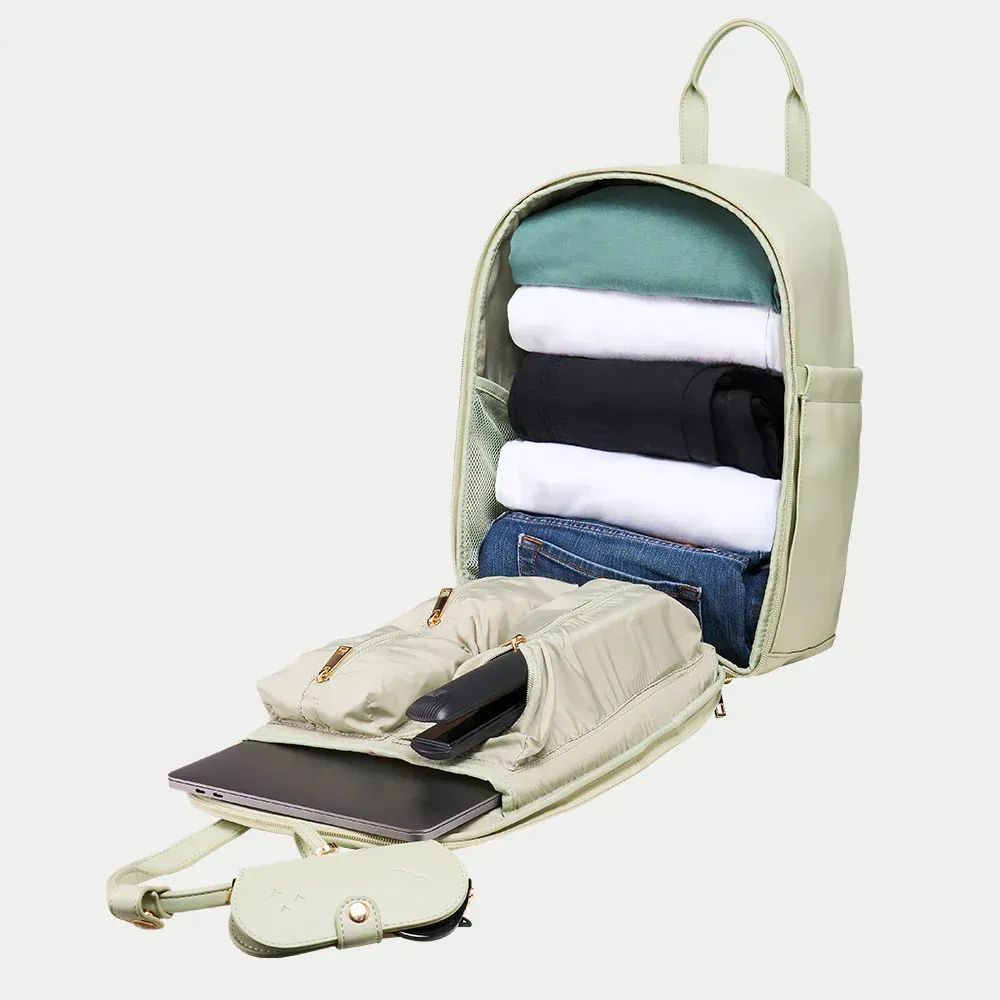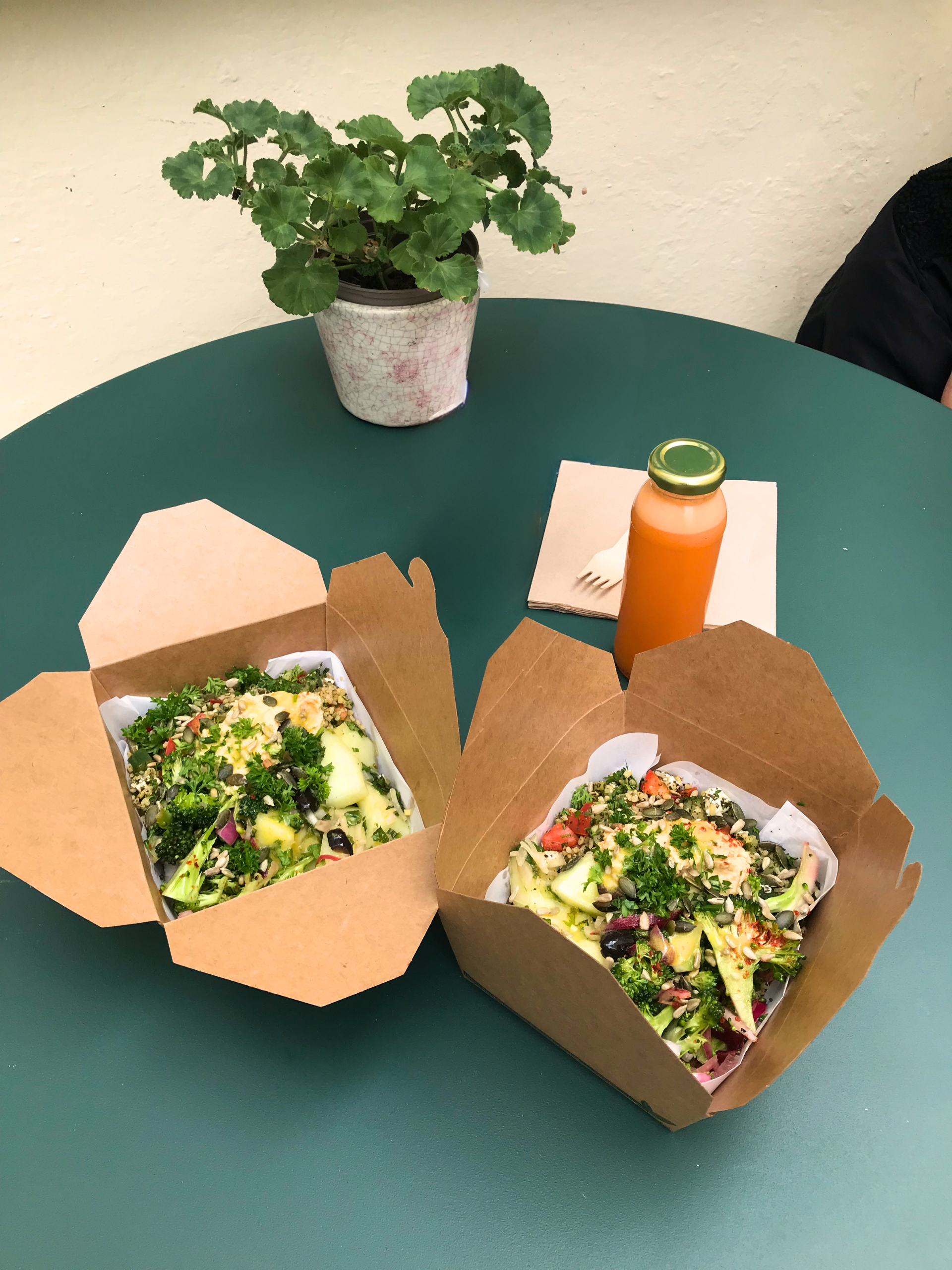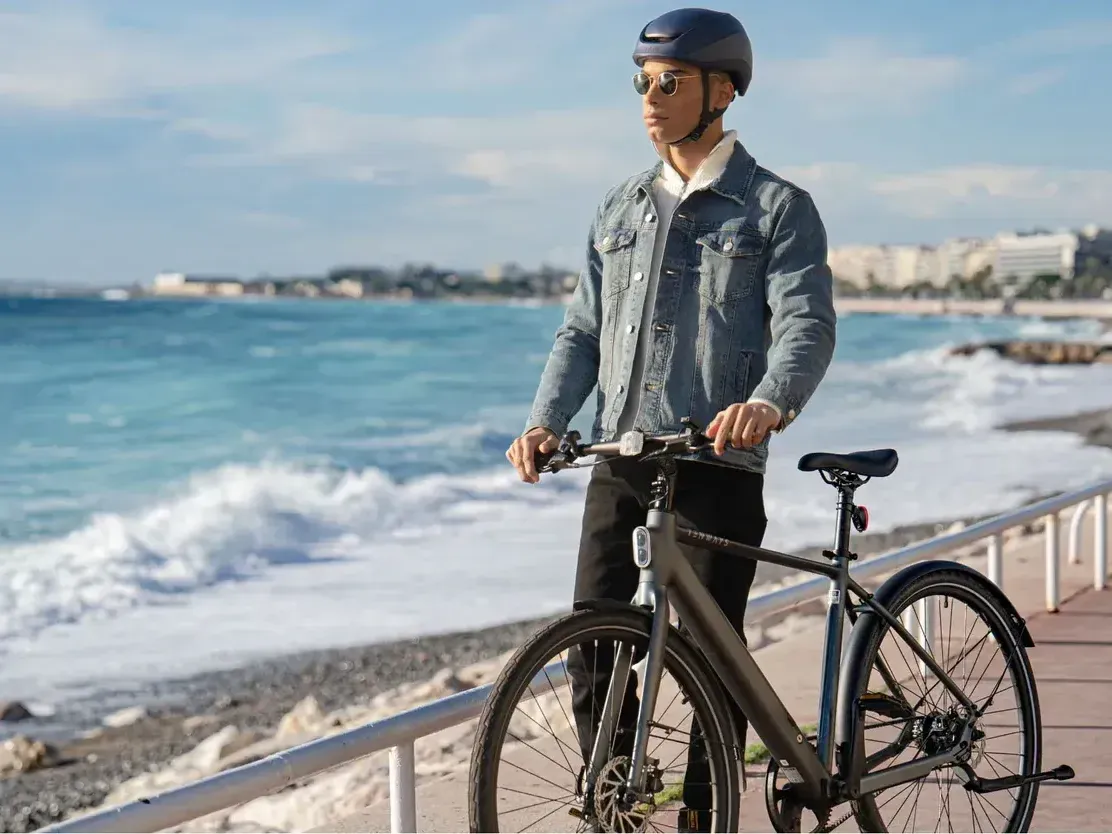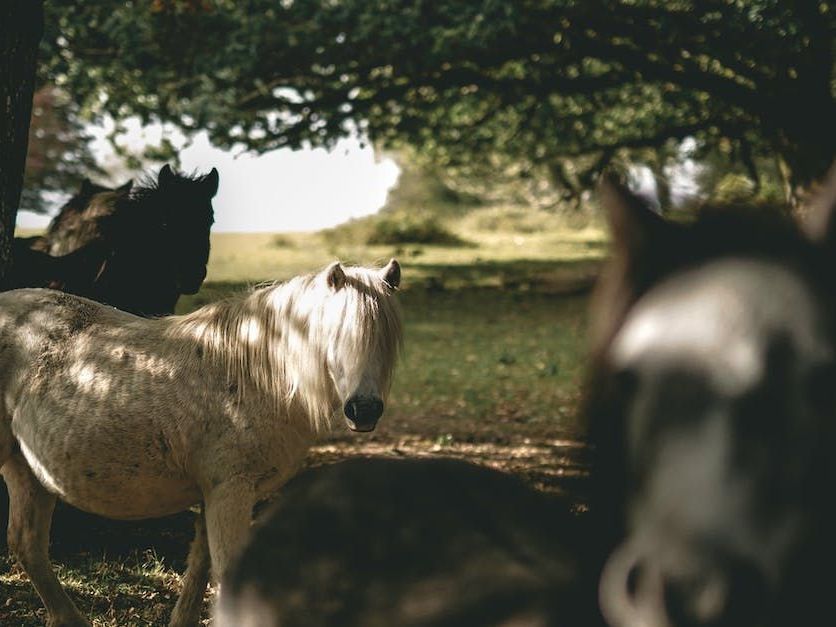6 Sustainable Travel Tips: How To Experience More and Waste Less
Our mission at Zero Wasted is to help you make more informed decisions when trying to buy more consciously - we do all the research so you don't have to. We sometimes use affiliate links on our site. We only recommend products we love, that we think you will too.
Exploring our surroundings is one of life's great pleasures but travel often comes with a heavy environmental impact if we're not mindful of our choices. As eco-conscious citizens concerned with the future of our planet, we must find ways to satisfy our wanderlust while treading more lightly on the Earth.
The good news is that sustainable travel in the UK is completely possible. With some simple swaps and shifts in our behaviour, we can dramatically reduce waste and do our part to protect the places we love to visit.
Together, we have the power to build a more
sustainable tourism industry that benefits local communities and allows future generations to experience the wonder of a Scottish glen or the tranquillity of a Cornish beach. Here are some essential tips to help you enjoy sustainable adventures, allowing you to see more and waste less.
1. Master The Art of Packing Light
The first step to sustainable travel is packing efficiently. The less you bring, the less waste you'll produce while exploring our scenic isles. Pare down to the essentials and choose multi-purpose, reusable items to lighten your load wherever your journey takes you – from Northern Ireland’s Causeway Coast to the White Cliffs of Dover.
Bring a
small suitcase or backpack and reusable bags, containers, cutlery and a refillable water bottle. Whether you're packing snacks for a long train ride or planning a picnic in the Peak District you'll
avoid unnecessary single-use plastics. Fold reusable items tight to save space.
Choose clothing made of eco-friendly fabrics that compress well, like cotton or hemp. Layer for Britain's changeable weather and consider how individual items might do double duty. Minimise toiletries and any liquids by buying shampoo, soap and lotion bars that don't need plastic containers.
Cabin Max Bird & Stars 20L Travel Backpack - Eco Leather made from recycled plastic bottles, perfect for lightweight travel or as a cabin bag, designed in the UK with a 3 year warranty.
2. Choose Eco-Friendly Transportation
Once you've packed, it's time to decide how you'll travel sustainably in Britain without a plane in sight. Opt for public transit, ride-sharing, cycling or walking whenever possible to minimise your environmental footprint.
Buses, trains and ferries run across the UK and
reduce emissions by transporting multiple passengers in one vehicle, allowing you to sit back and enjoy watching the British scenery glide by outside your window.
Electric vehicles generate zero direct emissions, making them an ideal green transportation choice.
Rent an electric car to reach national parks and picturesque rural destinations at your own pace.
Electric bike rentals offer an eco-friendly way to cycle cities and countryside. Many destinations now offer electric vehicle charging points to support sustainable tourism.
3. Buy Used or Sustainable Gear
If your UK holiday plans include outdoor activities, consider acquiring gear in an eco-friendly way by borrowing or buying used equipment or new, high-quality kit made sustainably to last. This approach aligns with principles of the circular economy where we reduce overall consumption by reusing what we already have and recycling when possible.
For example, you can check websites like
MPB for deals on used camera gear to capture your travels on film. Some shops also allow customers to sell and trade in used equipment to put towards new sustainable alternatives.
Consider new kit only when needed and choose sustainable options designed to minimise waste. Materials like organic cotton, hemp, recycled polyester and nylon and PFC-free waterproofing are better for our planet. Seek out smaller eco-brands like Tentree, Páramo and
Sherpa Adventure Gear partnering with charities and environmental initiatives.
4. Stay in Green Accommodation
Where you lay your head at night on holiday makes a difference. For example, booking.com has introduced a sustainable filter to help you find green accommodation over typical hotels. Options such as sustainable hotels, eco-certified B&Bs and low-impact campsites are better for the environment and often easier on your wallet too.
Sustainable hotels employ practices like strong recycling and composting, renewable energy usage and sustainable sourcing for food and supplies. They work to minimise waste and maximise efficiency. Look for chains like Ibis or smaller outfits accredited with an eco-certification like
Green Tourism, EU Ecolabel or the
Global Sustainable Tourism Council, the worldwide benchmark for sustainable tourism.
5. Eat Local and Support Sustainable British Fare
One of the most impactful ways to make a British green holiday is with your knife and fork. Choosing locally-sourced, plant-based and organic fare over imported or mass-produced options helps the environment and local communities thrive.
Eating locally means supporting British farmers and food producers. Head to farmers markets, farm shops, pubs and restaurants proudly sourcing from the surrounding region. Ask staff about the origins of dishes and ingredients to make sure you're getting a true taste of the area's sustainable harvest in season.
5. Travel Slow
Rather than rushing from one destination to the next, consider embracing 'slow travel'. This mindset approach means staying longer in each place to immerse yourself in the local culture and form deeper connections in the community. Slow travel leads to richer experiences and more meaningful memories. It's also better for the environment with less transport required between points along your journey.
Slow down and limit how often you change locations. Pick a region to explore in depth over trying to squeeze in too many spots. Settle into a base for multiple days or even weeks when possible and take time to discover the hidden gems surrounding you.
Try walking or biking for short trips and excursions. The slower pace of wandering on foot or by cycle means noticing more details and encountering unexpected delight. Head off without strict plans for the most authentic adventures.
6. Protect Natural Spaces and Leave No Trace
Some of Britain's greatest treasures are its diverse landscapes, nature reserves and open spaces. When enjoying outdoor activities and adventures on holiday, be mindful of your environmental impact by following best practices for zero trace.
Our national parks, nature preserves and private reserves provide access to pristine natural spaces, but they require conscientious care. Follow the initiative and 7 principles created by the
Leave No Trace organisation and take everything out with you that you bring in and dispose of waste properly at designated points to keep spaces litter-free.
Observe wildlife from a distance and never feed wild animals or birds to avoid disturbing natural behaviours or making them dependent on humans for food. Respect protected plants and natural features in place. Only collect items that have fallen to the ground.
Newsletter Signup















